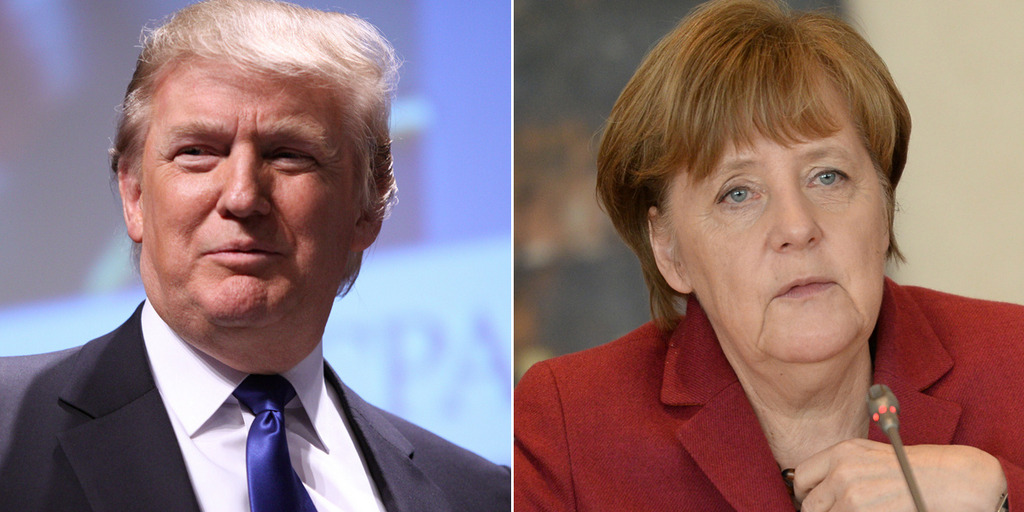As German Chancellor Angela Merkel prepares for her first in-person encounter with U.S. President Donald Trump at the White House this week, she faces a strategic reality that contrasts sharply with her previous visits hosted by Presidents George W. Bush and Barack Obama. Buffeted by challenges at home ranging from Brexit to the Euro crisis and the implementation of Minsk II, Merkel faces perhaps her toughest – and most unexpected – challenge in liaising with a once stalwart ally now under Trump’s management. But Trump's statements condemning Germany for its trade and refugee policies and its role in core European institutions such as NATO and the EU have already rejiggered the negotiating framework that has traditionally steered U.S.–German relations.
As they prepare to meet on Friday, both leaders' public statements since election night have further narrowed room to maneuver and leave little space for unforced negotiating errors. Faced with seismic change from top to bottom in Washington and staring down an often unpredictable and boastful personality, Merkel and her team will be pushed to bolster their traditional tactics with a fresh playbook that takes into account Trump's chaotic, personality-driven White House and transactional worldview. As Merkel prepares to meet Trump, it is time to consider the key factors at play in Friday's meeting.



